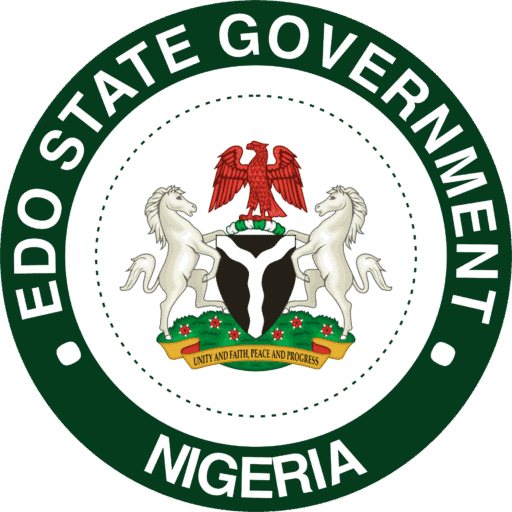
Ministries, Departments & Agencies
©2024 Edo State Government

©2024 Edo State Government
Welcome to the Participatory Budgeting section of the Edo State Strategy, Policy, Projects, and Performance Management Office. Participatory budgeting is an innovative approach to democratic governance that empowers citizens to actively participate in the budget allocation process, ensuring that government resources are allocated to address the most pressing needs and priorities of the community.
Participatory budgeting is a process that allows citizens to directly decide how to allocate a portion of public funds. It involves a series of meetings, workshops, and deliberative processes where residents identify community needs, develop project proposals, and vote on which projects should receive funding.
Community Engagement: Participatory budgeting promotes active citizen engagement and collaboration in decision-making, fostering a sense of ownership and accountability in the budgeting process.
Transparency: The participatory budgeting process is transparent, with all deliberations, proposals, and voting outcomes made accessible to the public to ensure accountability and trust.
Equity and Inclusivity: Participatory budgeting aims to involve a diverse range of stakeholders, including marginalized and underrepresented communities, to ensure that budget allocations reflect the needs and priorities of all residents.
Impact Assessment: Participatory budgeting includes mechanisms to assess the impact and effectiveness of funded projects, allowing for continuous learning and improvement.
Idea Collection: Citizens are invited to submit project ideas and proposals that address community needs and priorities.
Proposal Development: Submitted ideas are reviewed, refined, and developed into project proposals by community members, experts, and government officials.
Community Assemblies: Community meetings and assemblies are held to present project proposals, discuss their merits, and prioritize projects for funding.
Voting: Residents vote on which projects they believe should receive funding, either through in-person voting or online platforms.
Implementation and Monitoring: Selected projects are implemented with allocated funds, and their progress is monitored and evaluated to ensure accountability and effectiveness.
Empowerment: Participatory budgeting empowers citizens to actively participate in decision-making processes, giving them a voice in how public resources are allocated.
Accountability: By involving citizens in budget allocation decisions, participatory budgeting promotes transparency and accountability in government spending.
Community Development: Participatory budgeting fosters community cohesion and collaboration, as residents work together to identify and address shared priorities and challenges.
Innovation: The participatory budgeting process encourages innovative ideas and solutions from the grassroots level, leading to more responsive and effective government interventions.
Neighborhood Improvement Projects: Funding community-led initiatives such as park renovations, street lighting upgrades, and public infrastructure improvements.
Youth Engagement Programs: Allocating resources for youth-led projects and initiatives that address the needs and aspirations of young people in the community.
Public Service Enhancements: Investing in projects that improve access to essential services, such as healthcare, education, transportation, and sanitation.
We invite all residents of Edo State to participate in the participatory budgeting process and help shape the future of our communities. Whether you have a project idea, want to volunteer as a community organizer, or simply wish to vote on proposed projects, your voice and input are invaluable in building a more inclusive, equitable, and vibrant Edo State. Together, we can make a difference and create positive change that benefits us all.